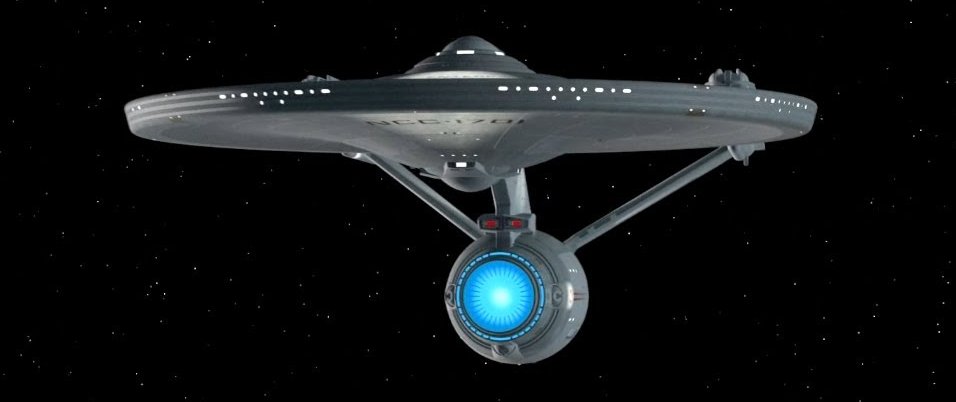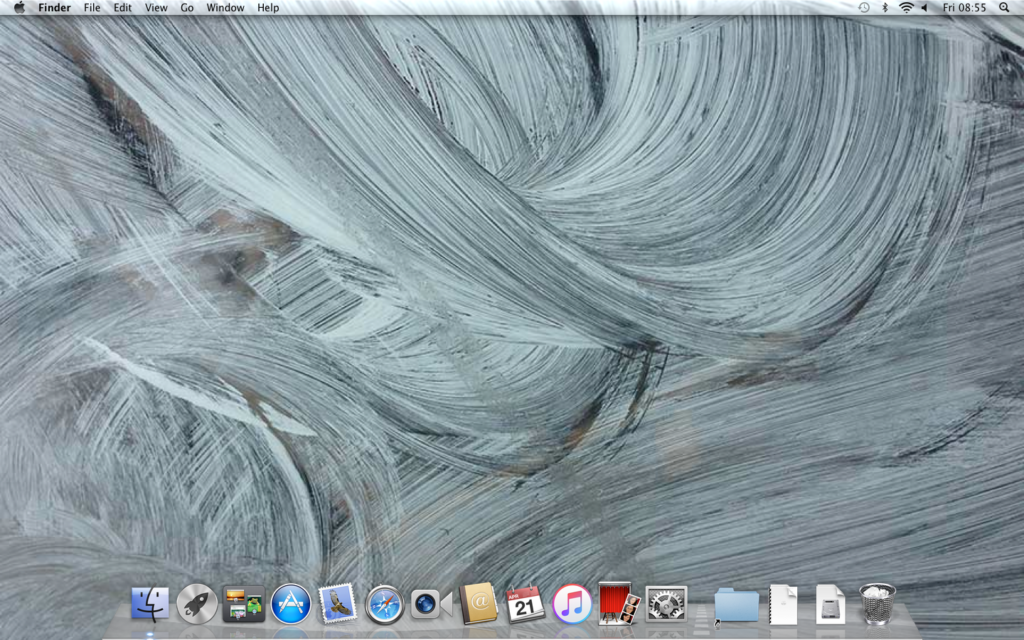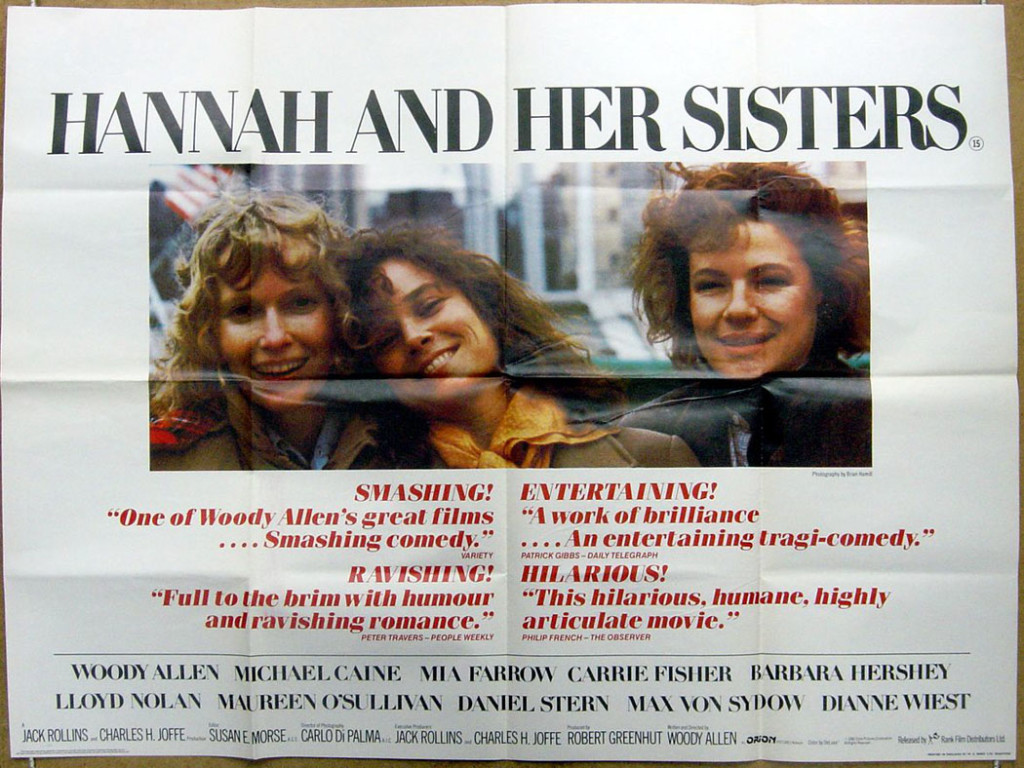There is something wrong with us. All of us. Even you. Don’t look at me like that. The internet has enabled people to mistype vitriol over what they don’t like and while you’re not like that, there is something of the opposite in you: if you like something, I think you can be loudly enthusiastic about it.
That’s surely no bad thing, except there is something in all of us that makes it easy to go too far. You can see it the most clearly with haters who will declare something on television to be the Worst. Episode. Ever.
There are people who stopped watching certain shows and regularly and proudly remind the world of this fact. The world could give a damn.
The world doesn’t give much of one when we like something either but I, for instance, cannot stop myself running up to you like an excited puppy when I see or read or hear something I think is wonderful.
I just think that there is a tendency for people who like things to need to further. It’s not enough that they enjoyed it, it has to be the Best Thing Ever. And there is a problem with that. It can affect the very thing you like.
I’m thinking of what happened after the original Star Trek series was cancelled in the 1960s. There was a lot to like about that show, there was enough to dislike, but really it was a lively action/adventure one-hour television drama. It engendered fans, though, and perhaps was the first example of really passionate and large-scale fandom, for most of whom it wasn’t enough to just enjoy the show.
I’m all for engagement and apparently there are scientists who went into their careers specifically because of Star Trek and I can’t comprehend how wonderful that is.
But the short version is that fans regarded Trek as important and by the time the first film based on the show was made, this attitude had infested the crew. Star Trek: The Motion Picture is pompous. Self-important. Boring. It’s also visually exquisite at times but there’s only so long you can stare at a painting.
Trek may be vulnerable to being pompous, though. I just read the screenplays for the first six of the movies and the worst of them, Star Trek V: The Final Frontier, has a note on the title page. It’s a little lecture about the cosmos and how “the incredible beauty of this latest Star Trek voyage” is based in scientific reality. There should be an afterword explaining what the dialogue is based in.
Still, watch the last episode of the original TV show and then the first movie. I think the incredible difference is down to years of fans talking up the importance of Trek and its makers coming to believe them.
That’s one thing, but here’s another. The film flopped but it was so earthshakingly expensive that Paramount gambled on earning back some of the money by getting their TV division to make a sequel for six bucks.
They did and Star Trek II: The Wrath of Khan is cheaper. (Based on the official budgets, this was made for a third of the price of the first one. ) Grab a Trek fan, ask him or her, and there’s a fair chance they’ll still say Star Trek II is the best of the films. There is definitely a vocal contingent that would say Best Film Ever.
Compared to the first movie, it is very good. It has life and action and smaller-scale yet higher stakes. And it has Ricardo Montalban.
But it’s a cartoon. The makers swung far the other way, doing everything to make a crowd-pleaser instead of an important statement about the future of humanity. And because it was a such a success, every Star Trek film until the 2009 JJ Abrams-led ones has had a certain similar tone. A bit flat. A bit empty.
I know I’m reducing the creative contribution of hundreds and maybe thousands of people down to generalities but, still, fans talked up Trek into a pompous misfire and then the course-correction resulted in a whole series of films that are popcorn.
I like popcorn. I’m just never going to say to you that it or anything else is the greatest thing ever.
Although I admit this all popped into my head because I’ve also just read Rose, the new Doctor Who novel by Russell T Davies and it is tremendous. Just the Best Thing Ever.


